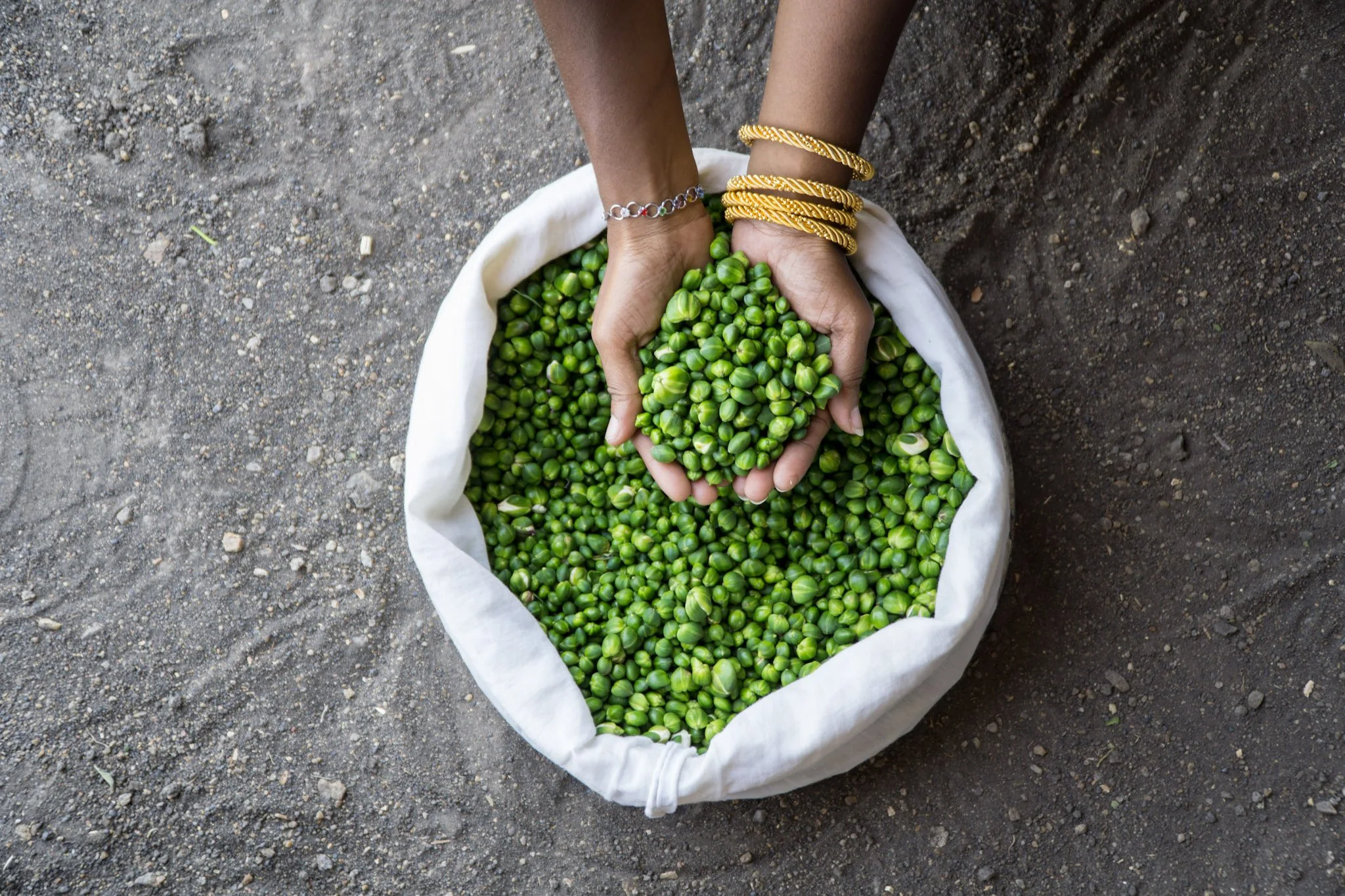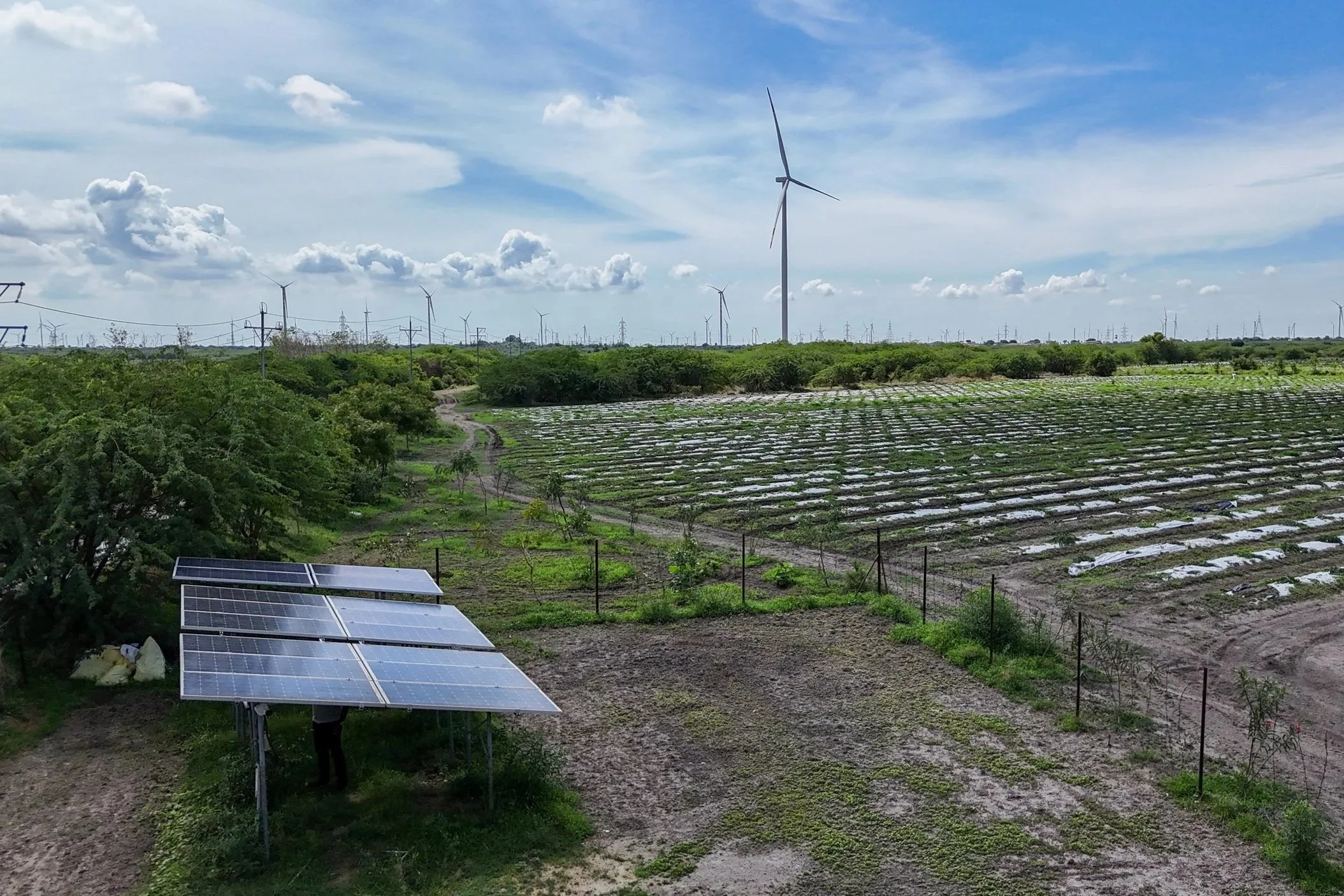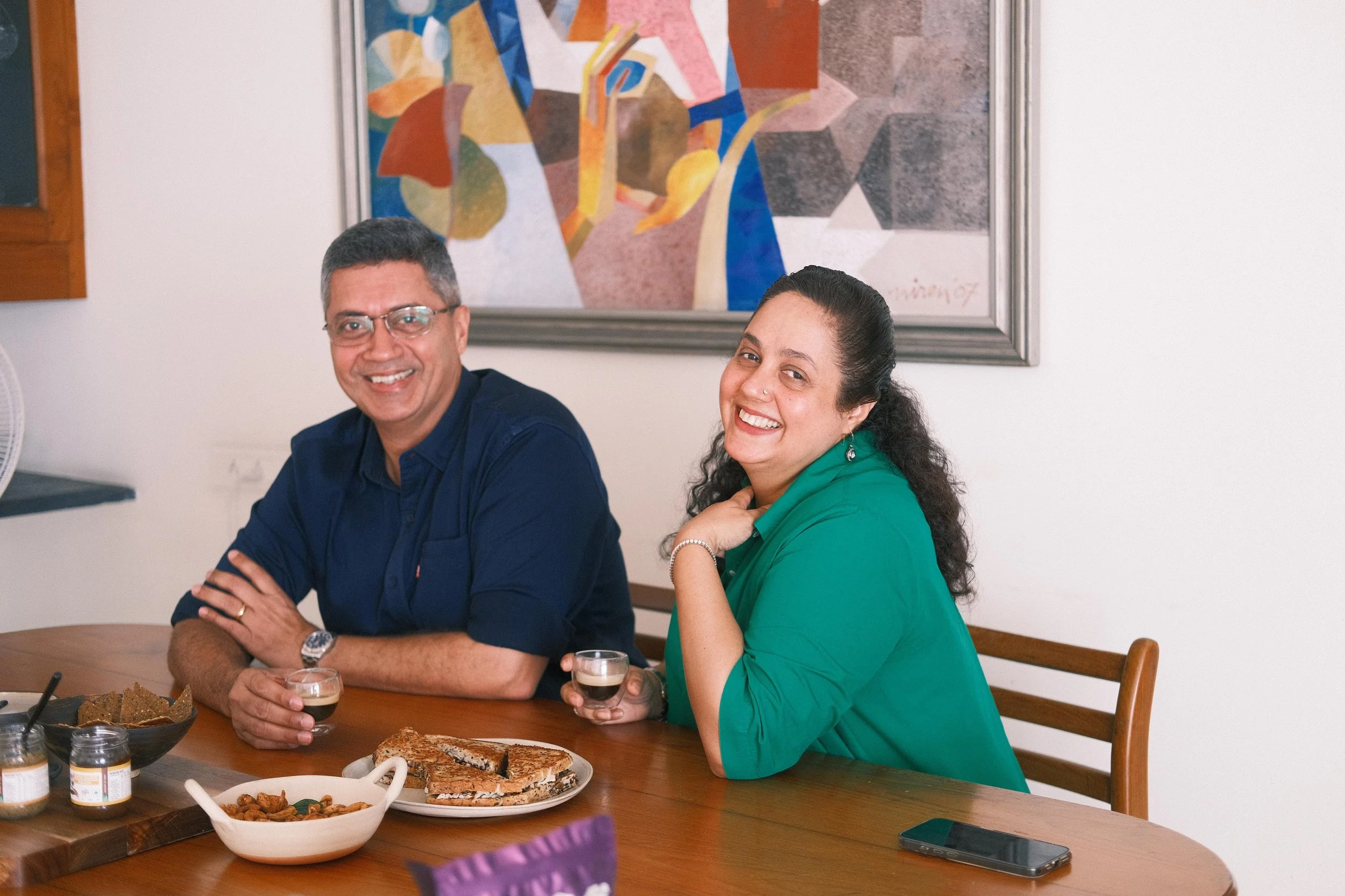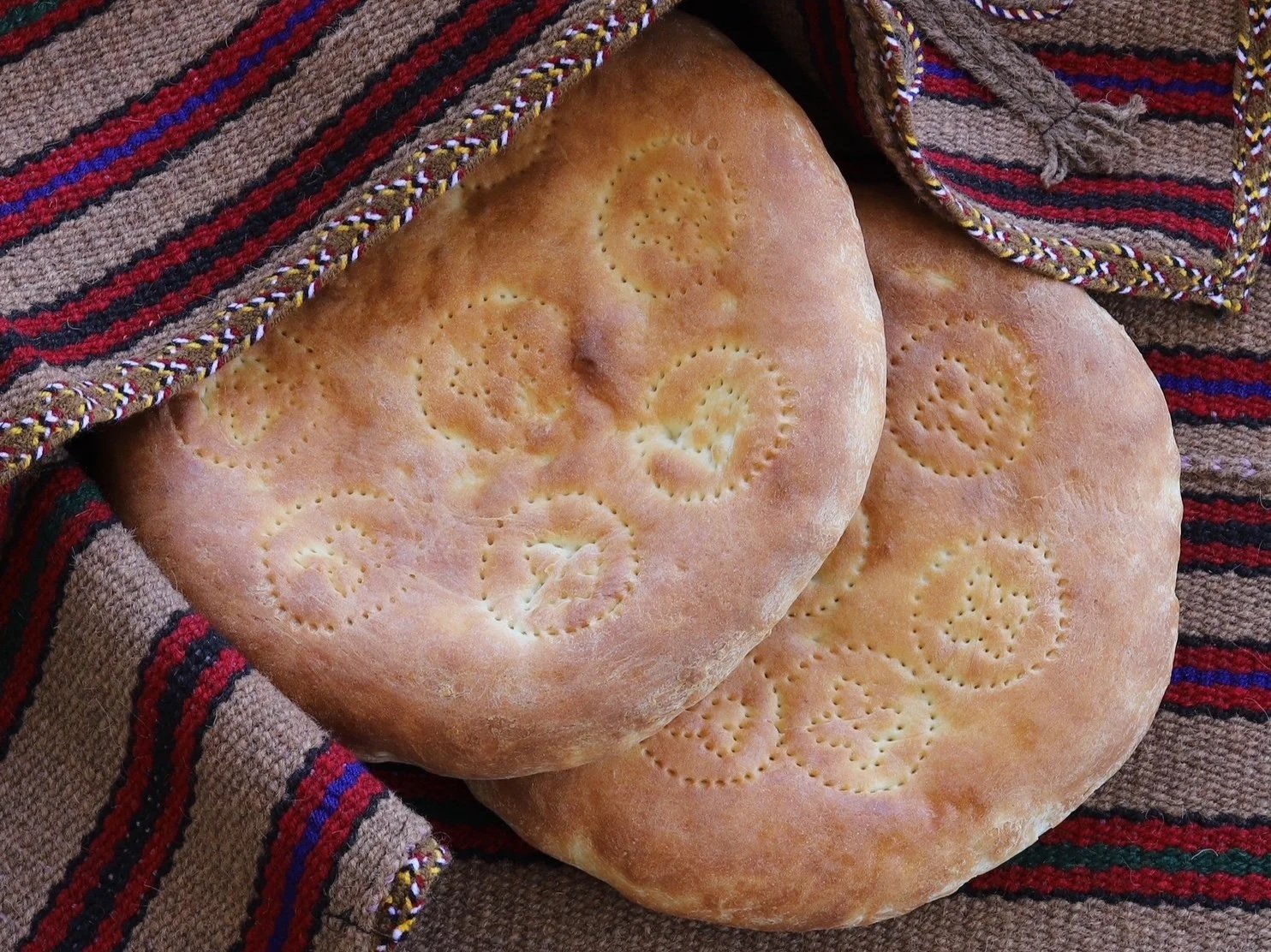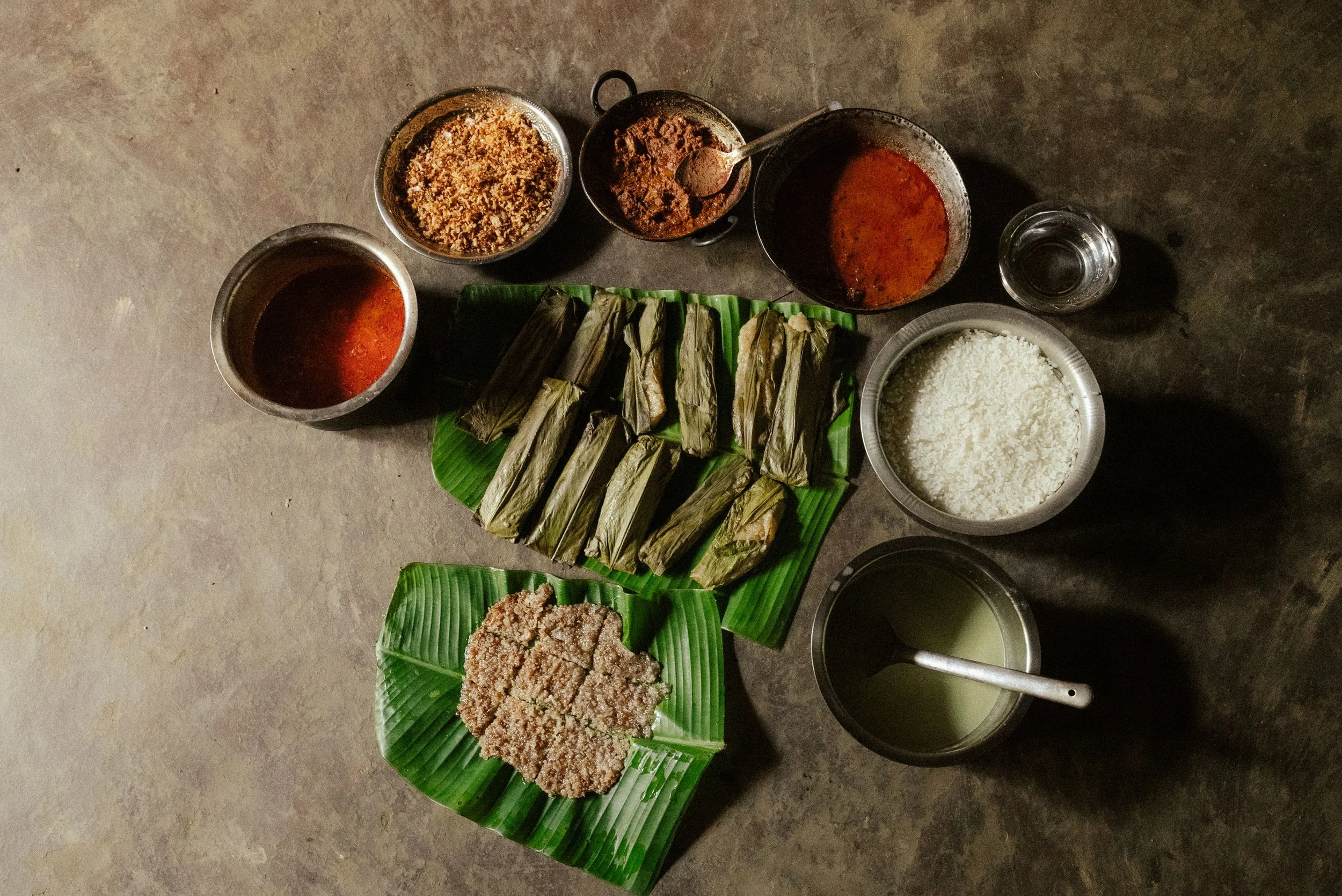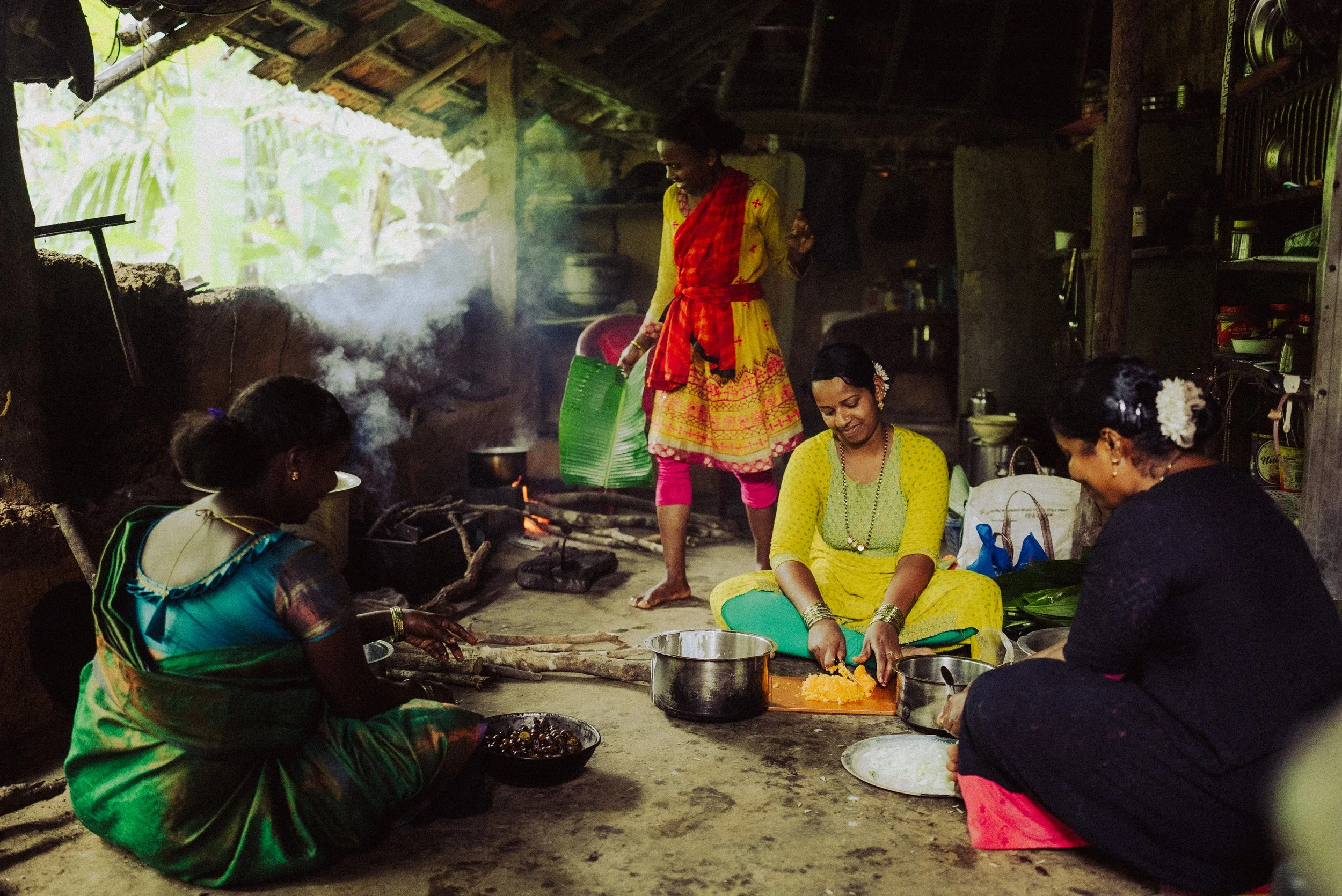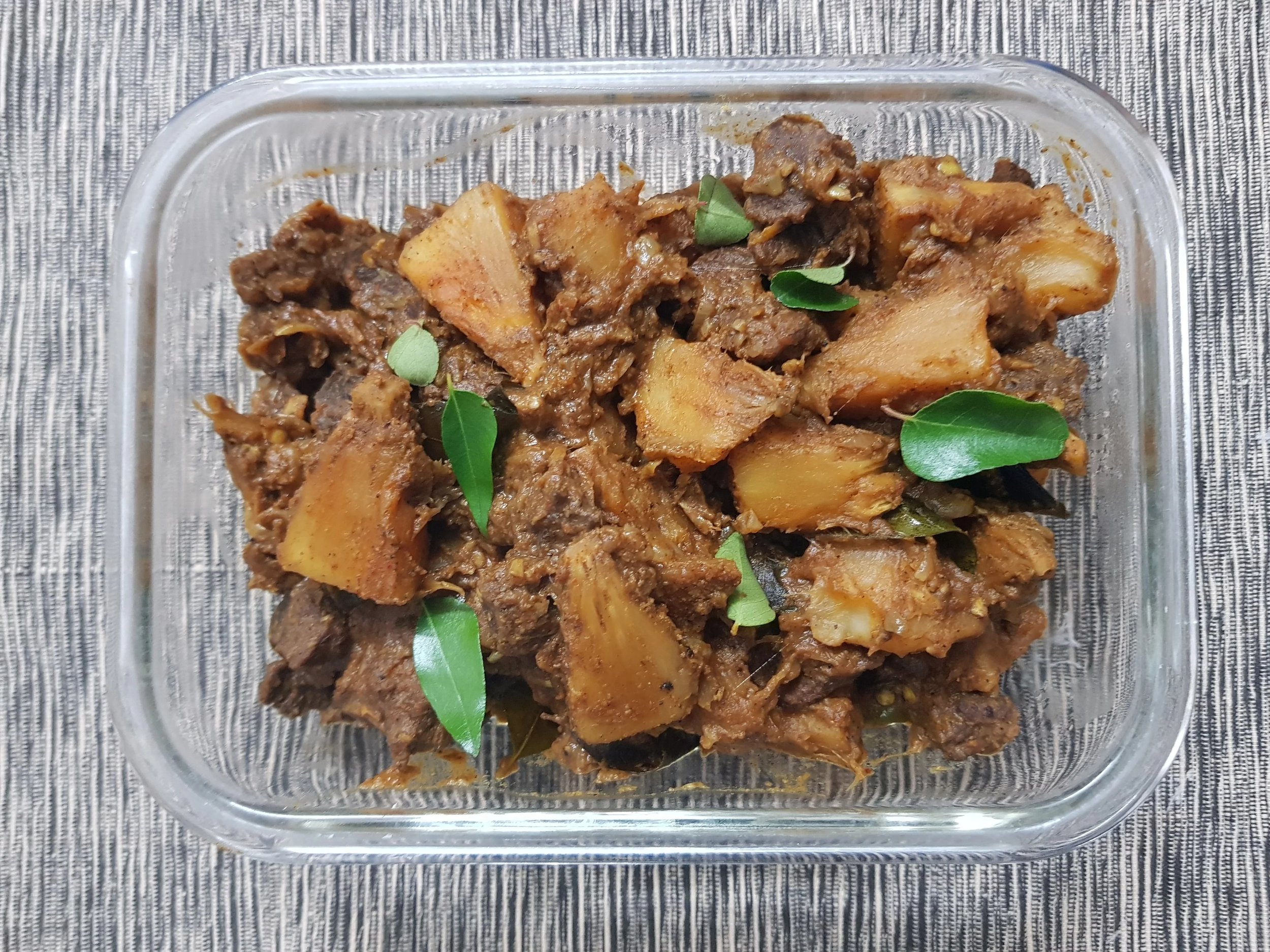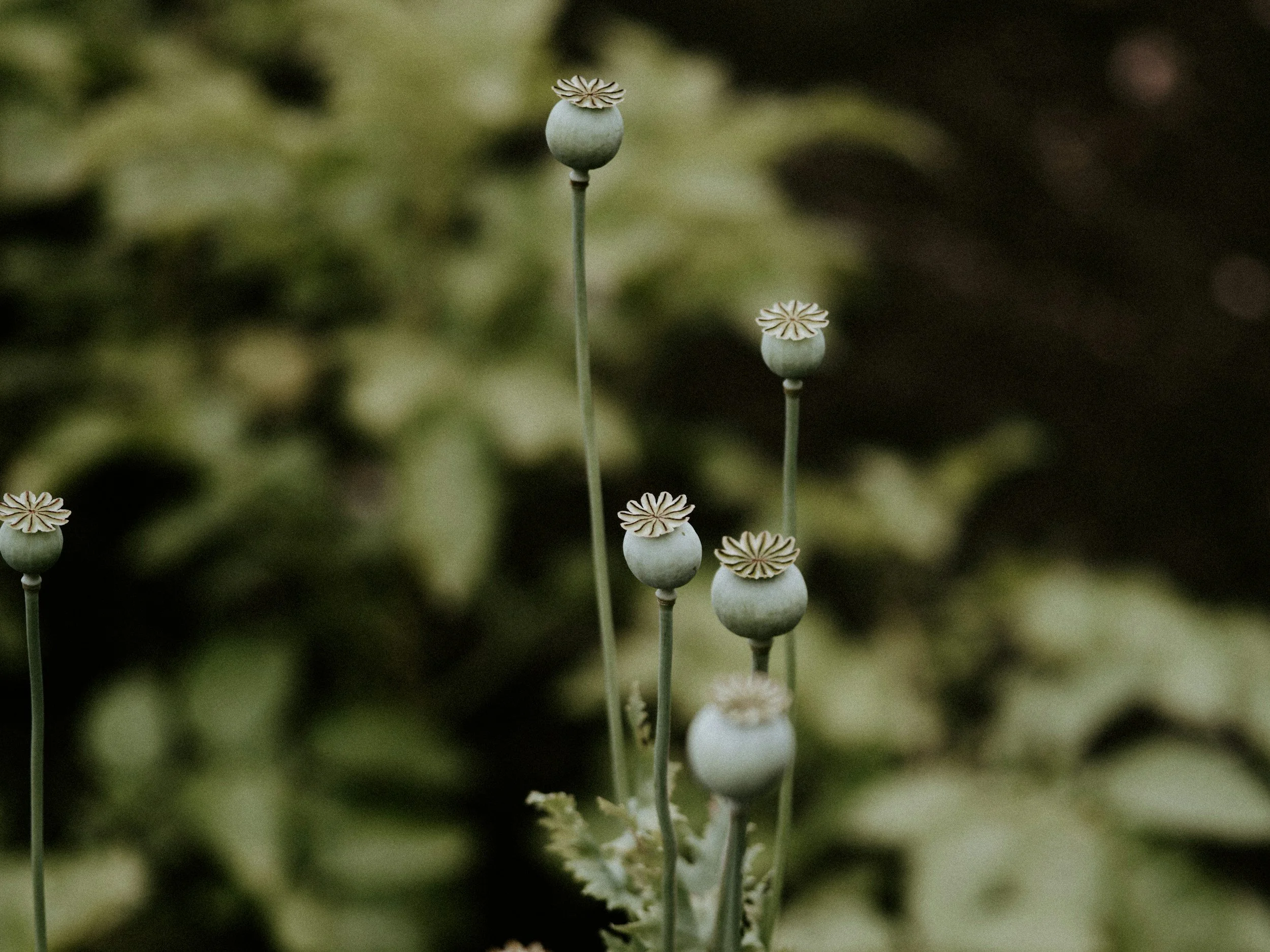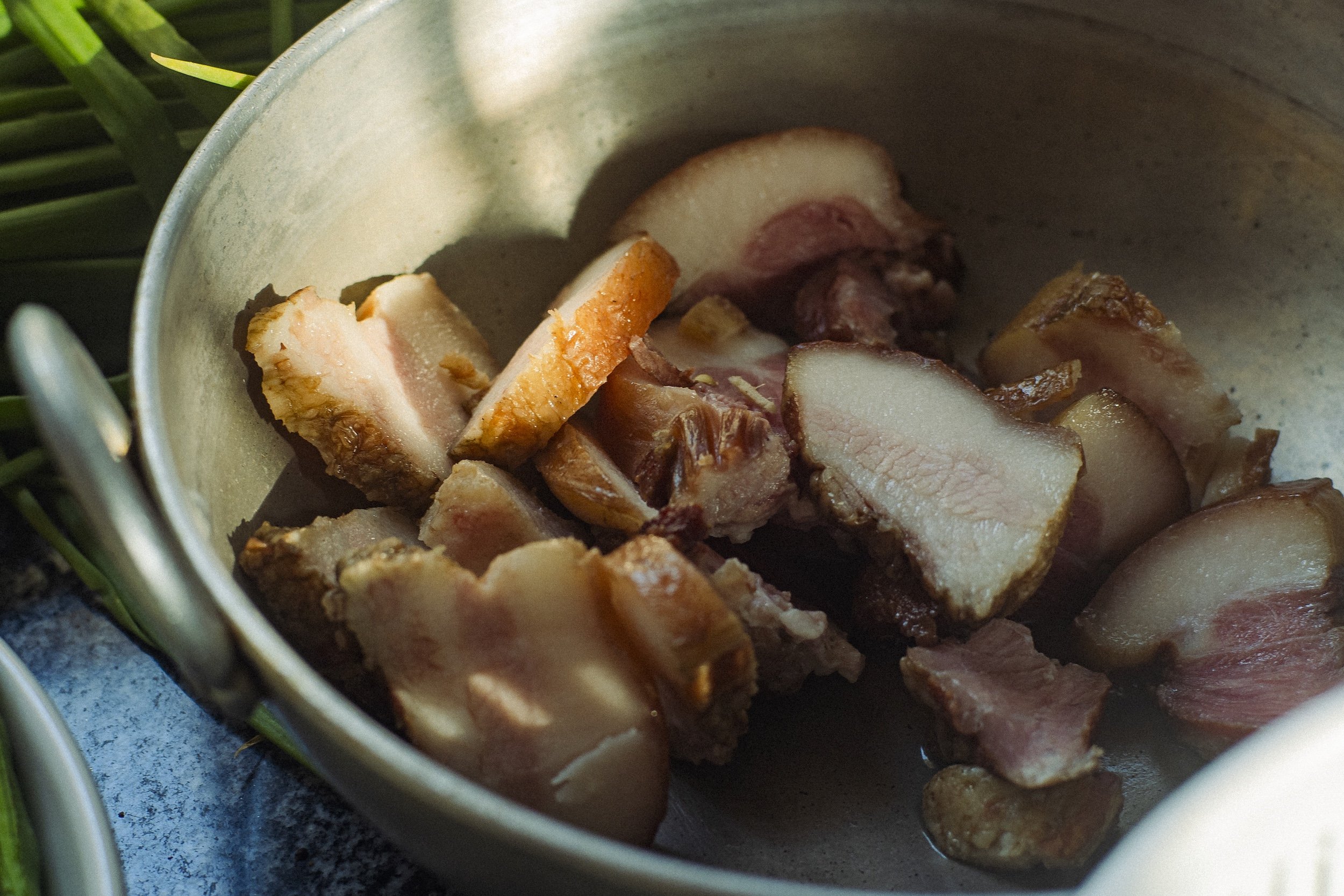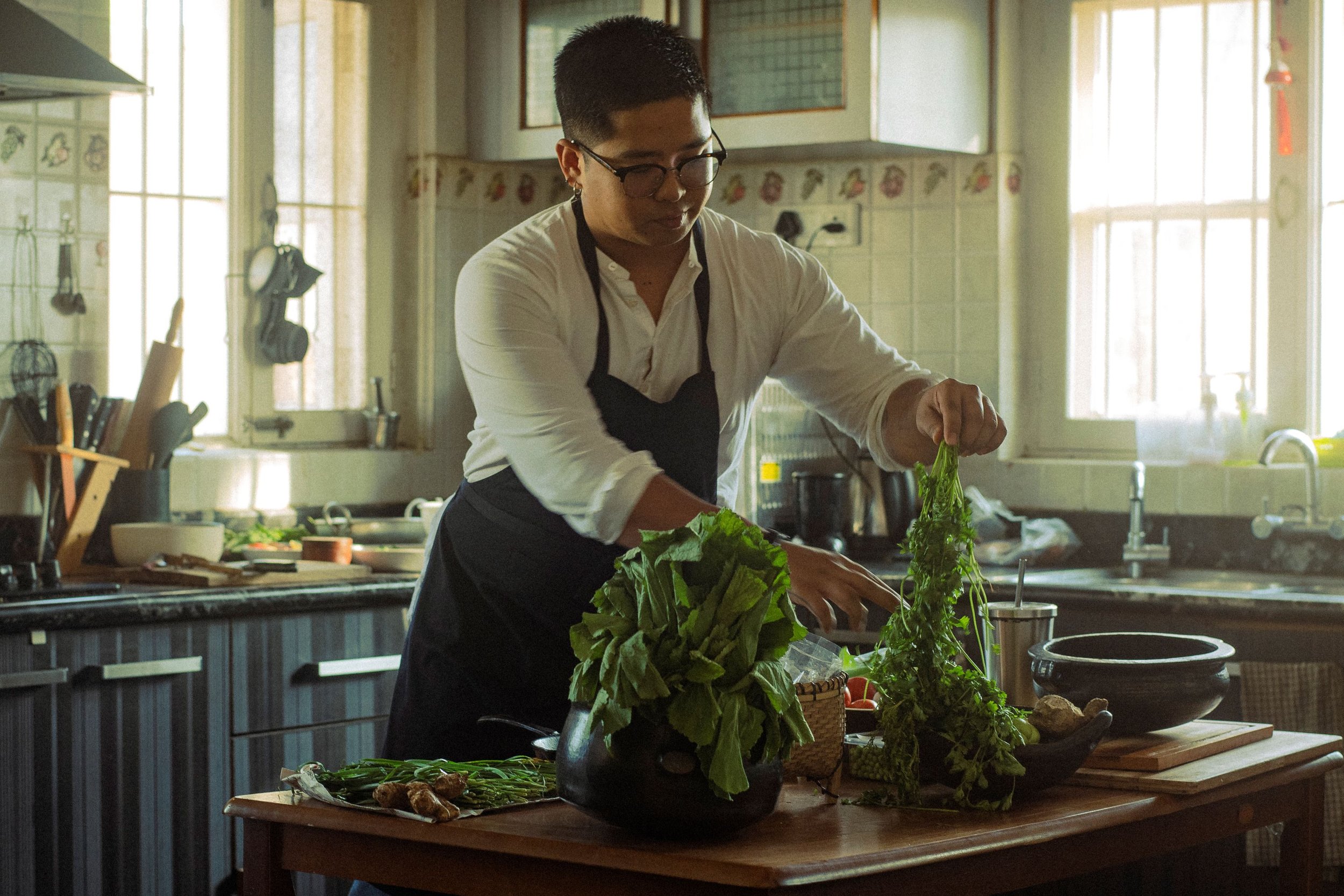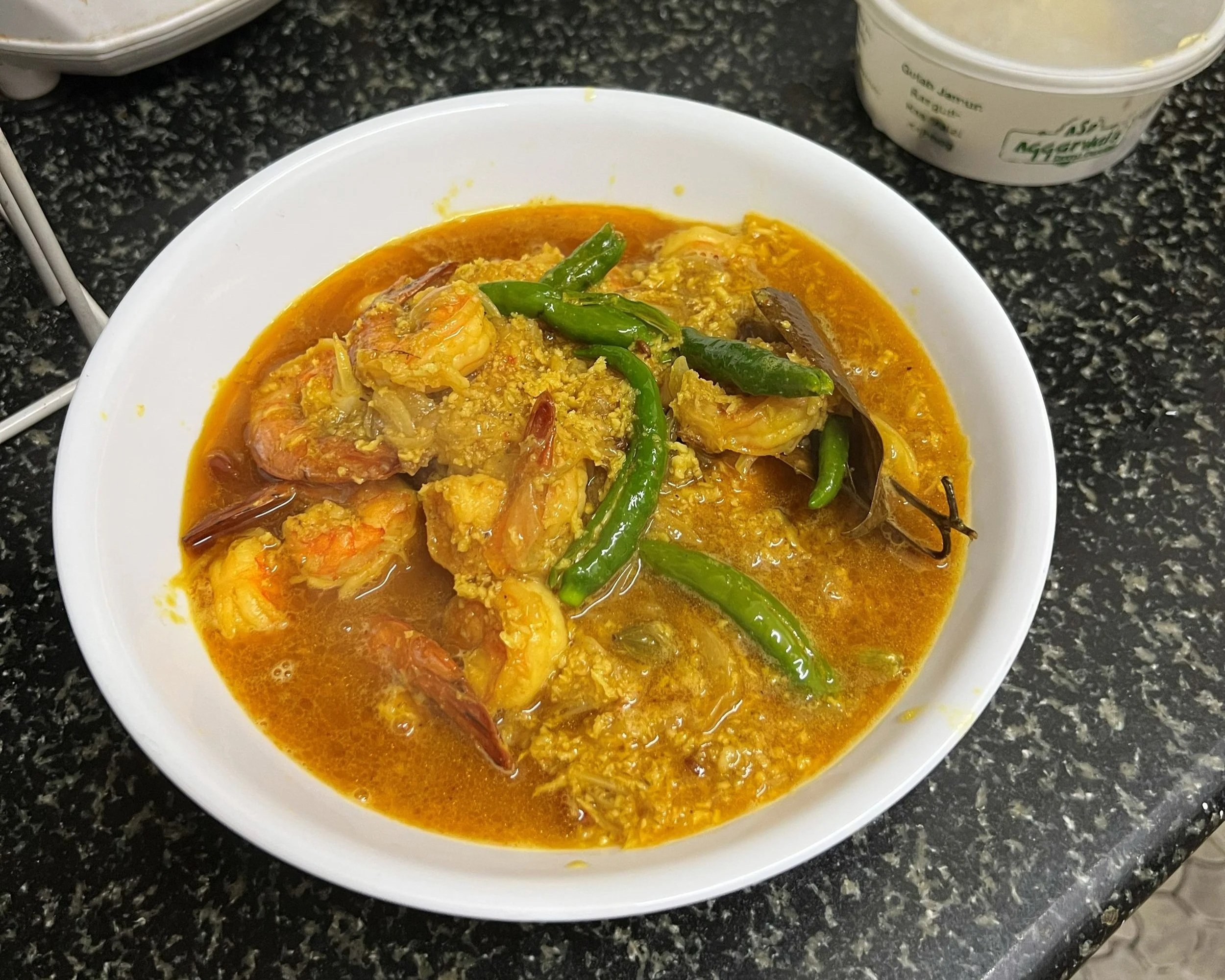The Accidental Farmer: How Fiona Arakal is Reimagining Ethical Food

Ishka Farms is more than just a caper producer — it is an ongoing experiment in building a resilient, responsible food future, one carefully tended plant at a time. What began as an experiment on barren land in Tamil Nadu has evolved into a blueprint for ethical, transparent farming; Fiona Arakal’s quiet revolution in how we grow and consume food, writes Amrita Amesur.
Fiona Arakal didn't set out to be a farmer.
Alongside her husband, Srikant Suryanarayan, she had navigated the world of entrepreneurship, running businesses that, while self-employed ventures, ultimately felt like "box selling". There was a yearning for something more challenging, something where they could take complete, end-to-end responsibility for a product, shaping it according to their values and not just market demands. This quest led them, unexpectedly, to a patch of land in Tamil Nadu in 2012. Ishka Farms wasn't born from a meticulously crafted master plan, but rather evolved, an "attempt in all senses working for ourselves".
The initial years were a whirlwind of uncertainty. From considering windmills to solar panels, the couple grappled with what to do with the land. Farming, specifically capers, emerged not from a grand vision but "a series of incidents". Yet, from this organic beginning, a clearer, if radically optimistic, purpose took root: "We asked ourselves —how do we contribute to creating the foundations of a thriving farming community?" says Fiona. This question became the bedrock of Ishka Farms, pushing back against the prevailing industrial food system that prioritizes uniformity, large quantities, and cheap output over quality and ethical production.
Fiona Arakal of Ishka Farms.
A drone shot of Ishka Farms.
Building from the Ground Up
Fiona speaks passionately about bucking the trend.
The modern food system, she observes, often gives small and medium farms a raw deal from distributors, a system built for scale that leaves little room for rewarding the effort put into a superior product. Ishka's response has been radical: vertical integration. "I have this dream that my farm enterprise will be vertically integrated and we will have a value proposition from ground upwards," she explains.
This translates into controlling every step: tissue-culturing their own plants, running their nursery, managing their fields (no contract farming here), processing in their own factory, and distributing directly, sidestepping traditional channels. This approach allows them to offer not just product integrity but also transparency to the end user. It's a path less travelled, with few existing successful examples to emulate, forcing them to navigate the constant tension between ethical and economic dilemmas.
“What drew me to Ishka wasn’t just the product itself. It was the values behind it,” says chef Thomas Zacharias, formerly of The Bombay Canteen and currently running The Locavore. “Fiona and her team weren’t simply growing a new crop; they were reimagining what sustainable agriculture could look like in an Indian context. Their emphasis on regenerative practices, community livelihoods, and long-term ecological impact aligned deeply with what we care about at The Locavore.”
Thomas had known Fiona for years through their family connections in their native city of Kochi but their connection deepened over Ishka’s capers. He was most struck not just by the unconventional choice of growing capers in Tamil Nadu but also the clarity and commitment with which Fiona had approached it, “Over time, I got to witness the vision, tenacity, and integrity it took to transform an arid, underutilised stretch of land into India’s first and only caper farm.” reflected Thomas.
Ishka was brought onboard as a Locavore partner — as a conscious exception to their usual focus on indigenous ingredients, “Our focus has always been on producers working with indigenous ingredients and traditional knowledge systems, but Ishka challenged us to expand our definition of “local.” Despite capers not being native to India, Ishka’s work felt rooted: in place, in people, and in purpose. That, to us, was reason enough.”
The caper plant.
Harvesting the capers.
The harvest basket.
The capers go through a conveyor belt, to check for flaws.
Followed by a hand-grading process.
Labelling and bottling at the plant.
Regenerative Practices: Beyond the Buzzwords
While the term "regenerative agriculture" is often requested, Fiona approaches such labels with caution, wary of ‘PR gimmicks’ and box-ticking exercises. “My focus is on the practical realities of creating a resilient ecosystem on the farm,” she maintains. Ishka Farms may primarily grow capers, appearing like a monoculture, but Fiona highlights the nuances. The caper plant is a perennial, its roots living in the soil year-round, unlike annual crops that require constant soil disturbance. Planting methods minimize disturbance, focusing only on the specific spot needed.
Moina Oberoi, a fermented foods specialist having seen the challenges of the premium food category up close, mentioned that she was “baffled” by the slow, long drawn and sustainable journey that Ishka was undertaking. Upon a visit to Kochi, Moina and Fiona became fast friends and Moina proceeded to learn all about capers from their sapling grafting to their distribution chain in India, “Fiona talked my ear off when I tried to find out a bit more about this ingredient that I worked with”. Moina was surprised to find that such kinds of capers are even grown in India. She added that, “The premium category FMCG space is very challenging — particularly when you want it to be sustainable and maintain high quality.”
Crucially, Ishka Farms wasn't established on pristine farmland. The land they acquired in 2012 had been unused for nine years, devoid of trees, and overrun by an invasive, parasitic plant introduced decades earlier that had depleted the water table. This necessitated a significant afforestation effort, which has become integral to their farming practice.
The land acquired for Ishka was unused land, and necessitated significant afforestation efforts.
The farm presently has a water harvesting pit, green house, and factory.
Solar panels were key to the planning of the enterprise.
Ishka runs its own nursery on-site.
“Buffer zones, planted extensively with trees like neem, are left wild between fields,” Fiona shows us in drone photographs of the farm. These zones act as havens for biodiversity, support pest control naturally (reducing reliance on even organic inputs), and help build soil health. The neem trees, endemic to the area, also hold the promise of future self-sufficiency in natural pest control products. To Fiona, working on Ishka was about rebuilding a damaged landscape and creating a truly sustainable environment through practical, long-term actions.
“Working in the space of specialty ingredients in India comes with its own set of challenges. There’s still a wide gap in public understanding—not just about flavour, but about origin, cultivation, and sustainability.” laments Thomas. “Capers, for instance, have long been seen as imported or gourmet—something you’d find in a jar from Europe. But Fiona has shown that they can be grown responsibly right here, and even more, integrated into Indian culinary imagination.”
The Human Element
The journey from city slicker to farmer was steep. Fiona candidly shares the "huge mental shift and massive learning" involved, emphasizing that it was largely "learn on the job, fail on the job". Initial attempts at laying out fields were wrong, necessitating costly corrections after unexpected rains revealed the land's natural water flow. They had to learn techniques like cutting swales to prevent topsoil erosion on the barren land. Growing capers on black cotton soil, unique to their location, presented challenges unseen by experienced caper farmers elsewhere. Learning involved reading, visiting other farms, seeking advice (like identifying pests with help from experts like Sanmitra Pandharpur of Offering Farms), and sheer trial-and-error. Srikant travelled internationally, seeking knowledge on caper curing, often facing resistance, before connecting with an expert online who visited and mentored them.
This wasn't just an agricultural education; it was deeply personal. Fiona recounts the challenges of managing the farm’s nascent stages while juggling family responsibilities — caring for her ailing mother, raising two children involved in competitive sports — requiring immense personal sacrifice and compromise. “The farm is 350km from our home base in Kochi, demanding that Srikant and I alternate weeks, effectively becoming single parents part-time.”
Working with the local community in Niravi Pudupatti.
Hiring locally was essential, not just for labour, but for partnership.
Equally important was building trust with the local community in Niravi Pudupatti. As outsiders, gaining buy-in was crucial. Fiona recognized the need to bridge their lack of farming knowledge with the deep-rooted expertise of the villagers. Hiring locally was essential, not just for labour, but for partnership. A pivotal moment involved building a large, 6,000 sq. ft factory smack in the middle of the farm in 2017. This significant investment, made even before they had substantial crops to process and was a deliberate choice, “I knew we have to do something outrageously demonstrative for the villagers to prove to them that we are here to stay and we are not tourists; not someone with a flight of fancy. So, we built a proper factory structure with floors and roof and lights just so that it would signal to the people how serious we were,” she says.
It underscored Ishka’s promise not just to farm, but to process locally, creating skilled, "white collar" jobs for educated locals alongside field work, fostering a truly integrated local enterprise. “I said we will grow here, we will harvest here, we will cure it here, we will create an ecosystem where your sons and daughters who have the education will find a white-collar job with us.”
Future Food: Responsibility and Resilience
Ishka Farms represents a microcosm of a potential future for food — one built on transparency, vertical integration, ecological responsibility, and community engagement. Fiona's journey highlights the immense challenges but also the profound satisfaction of taking "absolute responsibility" for the food they produce, from soil to shelf. It's a move away from the industrial model towards something more holistic, where environmental stewardship and community well-being are not just by-products but core tenets of the business.
“And while there might seem to be a tension between championing something like capers and reviving forgotten foods like mahua, bamboo rice, or kodampuli, I believe these aren’t opposing ideas. They’re part of a broader shift toward intentional, informed eating.” Thomas said.
While Fiona remains grounded about the difficulties and uncertainties, her radical optimism fuels a vision where farming can be both economically viable and deeply ethical, contributing positively to the land and the people connected to it. Ishka Farms is more than just a caper producer; it's an ongoing experiment in building a resilient, responsible food future, one carefully tended plant, one meticulously cleaned grain of salt, and one hard-earned relationship at a time.
Amrita Amesur is a corporate lawyer by profession and is deeply passionate about food. She has spent the last few months dedicatedly scribing, studying and documenting all of her family’s food experiences while learning to develop her own voice as a cook and a writer. You can follow her adventures on Instagram.
ALSO ON GOYA







